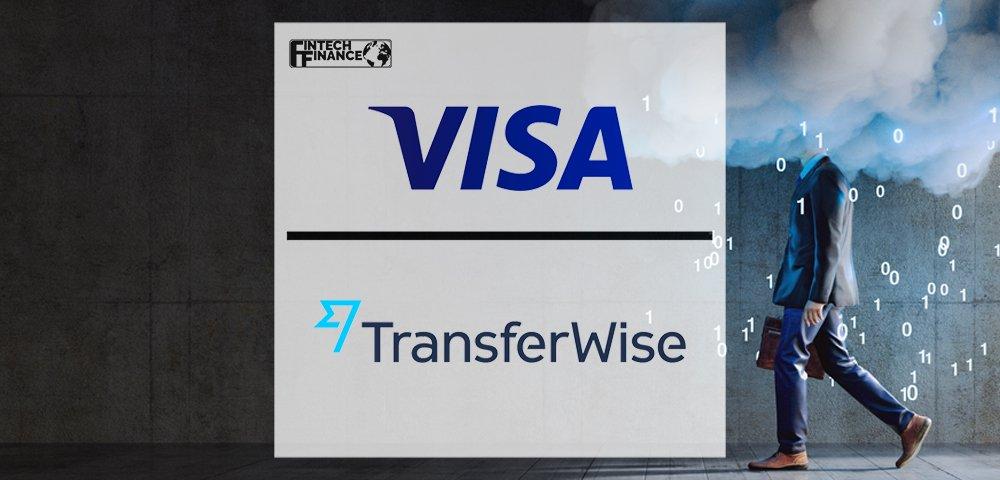The 8 best banking options for digital nomads living overseas – that will be the topic of today’s article.
Before introducing this article, if you are interested in our core services which are expat financial, insurance and mortgages, you can contact me here.
The best time to consider your financial situation is when you are moving to a new country.
Introduction
Digital nomads are people who use telecommunication technology to make a living and lead a nomadic lifestyle. This kind of employees usually work remotely, like from foreign countries, public libraries, coworking spaces or cafes. This is often achieved through the use of devices with wireless Internet access, such as smartphones or mobile hotspots. Successful digital nomads often have the need to develop high levels of self-confidence and self-discipline.
The digital nomad uses online (or “digital”) tools to work from anywhere. This kind of work is also called “location independent”.

Digital nomads are people who use wireless digital technology to carry out their work duties and are generally nomadic. These workers usually work remotely – from home, in cafes, public libraries, and even from recreational vehicles – to accomplish tasks and goals that would normally be accomplished in a single stationary workplace.
The digital nomad community has organized various events to host its members. The most popular types of digital nomads are:
- retirees or semi-retirees,
- independently wealthy people or entrepreneurs,
- remote workers (most often younger ones).
People usually want to become a digital nomad for different reasons, and the first one can be the desire to be financially independent and locationally independent. During that time when digital nomads enjoy the advantages of freedom and flexibility, they see one biggest problem – called loneliness, which can consequently cause other problems.
Lifestyle also comes with other challenges such as securing international health insurance with global coverage, complying with various local laws, obtaining work visas and paying taxes in accordance with local and local laws.
Who are digital nomads?

Digital nomads can be:
- Freelancers who write, code, teach, run social media campaigns, and more for their clients online.
- Professionals who provide online / remote services including legal assistance, accounting or even consulting.
- Entrepreneurs who manage their team with online tools
- Employees who work remotely in a more traditional company
- People who create and sell digital products like e-books, manuals, online subscription services, etc.
Digital nomads mostly are young people and they are usually working in industries such as marketing, design, information technology, writing, media, tutoring, or consulting. According to a 2020 study by MBO Partners, there are 10.9 million digital nomads in the US alone, with an additional 19 million Americans reporting that they are considering a digital nomad lifestyle.
Digital nomads can be either remote workers or knowledge process outsourcing workers. While most homeworkers and freelancers are technically digital nomads, the term is most often used to describe people living or traveling abroad or inland while working. Some digital nomads have a wide range of clients and make a living by combining jobs, while others enter into formal or semi-formal agreements with clients that guarantee a certain amount of work or paid time.
Digital nomads are often people who want freedom and flexibility in their job choices and travel times. Digital nomads often live a minimal existence rich in experience rather than physical objects. They get the opportunity to explore new cultures, leaving temporary roots in many places each year. The digital nomad lifestyle isn’t for everyone. If you can’t make enough money on the road, you may find yourself broke with no money to return home.
You may have to work unconventionally and manipulate multiple clients. Digital nomads must have reliable internet access and work and meet deadlines across time zones. Many digital nomads separate the feeling of loneliness, with no family or close friends in the city, and it can be difficult to establish long-term relationships. It can be expensive to purchase travel medical insurance, and even though health care in some countries is cheaper than in the United States.
Pros:
- Freedom from the traditional office environment
- Chance to travel and learn about new cultures
- Time to do some outdoor hobbies like surfing
- More control over your time
Cons:
- Traveling regularly can be expensive
- You may need to work with clients across multiple time zones
- Loneliness or isolation from family and friends
- Must be highly organized for maximum balance between life and work on the road
Digital nomads banking
Banking can be one of the major challenges for nomads when traveling and working, as each country they visit has its own banking system. So why do digital nomads need an alternative to traditional banking. In fact, many people around the world are looking for such alternatives.
This is true for younger generations, who rely on their mobile phones for absolutely everything and do not need a physical space for their banking tasks. And this is especially true for digital nomads who make their living while traveling – often with no real permanent residence to speak of.
Being a digital nomad, is also finding for you, your perfect banking option because you have faced at least one of these restrictions at traditional banks:
- Confirmation of residency in the bank’s country is required
- Failure to fully open an account online (you must personally report to your local branch)
- Commission for receiving and / or withdrawing money in another currency
- ATM card is blocked in less popular countries
- Fees
Let’s now review some of the best banks for digital nomads and figure out all the pros and cons. Here are the most used banks:
- Payoneer
- Monese
- PayPal
- N26
- Revolut
- Charles Schwab
- Monzo
- TransferWise
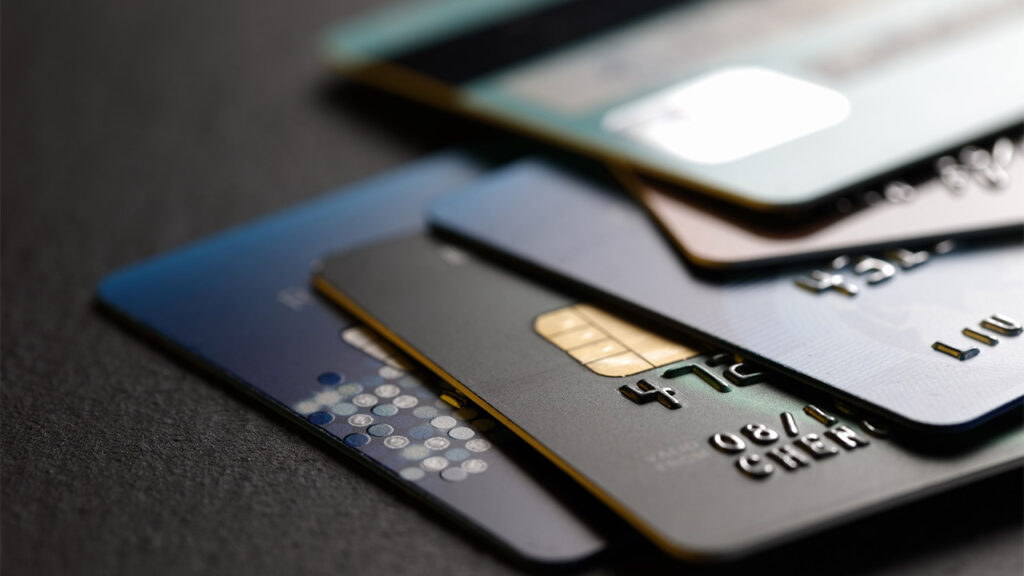
Payoneer Quick Review
Payoneer is a world-class digital payment system that offers an attractive business account option for small and medium-sized businesses and sole proprietors who rely on frequent cross-border payments and receipts. Payoneer, especially known for its free account management, attractive international payments, and countless other useful features, offers many unique benefits to both small and medium-sized businesses and self-employed professionals as well as freelancers.
Nowadays, employers, employees and independent contractors are increasingly working overseas. However, due to currency exchange, the cost of the reward may be covered by onerous fees. These fees are especially expensive for business payments, which often significantly exceed personal payments.
However, while this is generally not a concern for large corporations (which tend to have their own payment networks and thus provide better rates), smaller companies and self-employed workers are particularly hard hit by high international money transfer fees. This is where Payoneer comes in. By offering a top-notch business account platform that connects local banking details across countries with cheap international payments, Payoneer can provide the ideal solution to meet the international payment needs of small and medium-sized businesses and sole proprietors.
Pros:
- A wide range of payment services and solutions;
- Prompt processing of payments from anywhere in the world;
- Reasonably priced currency exchange fees.
Cons:
- Many types of commissions can accumulate quickly;
- Currency conversion is for business transactions only;
- Strict terms of service;
- Not ideal for purely international payments (this feature is best used through Payoneer accounts).
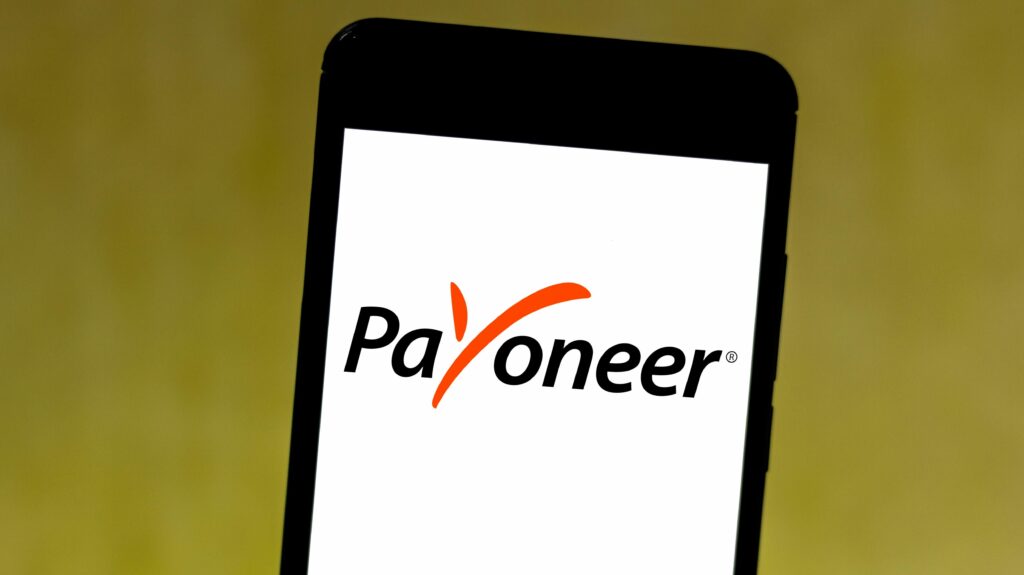
Monese Quick Review
Another rising star in the European digital banking arena is Monese. Like some of its more established digital banking competitors, Monese takes a mobile-first approach with a versatile and user-friendly app. You can open an account with instant access using EUR, GBP or RON. You do not need a physical address, but you need to reside in the EU or UK to open an account.
Monese offers a contactless MasterCard debit card that you can use at ATMs around the world, in a store or online without any fees. They also offer the option to open a personal account or a joint account with a partner, family member or friend, which comes in handy if you’re part of a digital nomad duo!
Monese gives you the opportunity to send money abroad in about 20 different currencies at the real-time exchange rate, that is cheaper than sending your money through a traditional bank. You can also attach your PayPal account with the help of your Monese app and register, moreover, you can collect and track Avios when you shop at the mentioned stores.
Monese is a good checking account option, especially for digital nomads from the UK or EU who often spend in British Pounds, Euros and Romanian Lei due to its excellent account and spending functions. Monese is also very popular with customers around the world for offering high quality products, even though it does not yet have its own banking license and is smaller than many of its competitors. On the other hand, however, Monese can be quite expensive, especially for foreign currency spending in currencies other than GBP, EUR, SEK and RON.
Pros:
- Available even without proof of residence in the UK or EU;
- Money transfers to more than 30 countries of the world;
- Supports joint accounts and virtual cards in the UK.
Cons:
- Does not offer overdrafts, interest or loans;
- Renewal plans do not usually mean cost savings;
- High commission for converting expenses not related to pounds sterling, euros, Swedish kronor and lei;
- There is an additional charge for currency exchange on weekends.
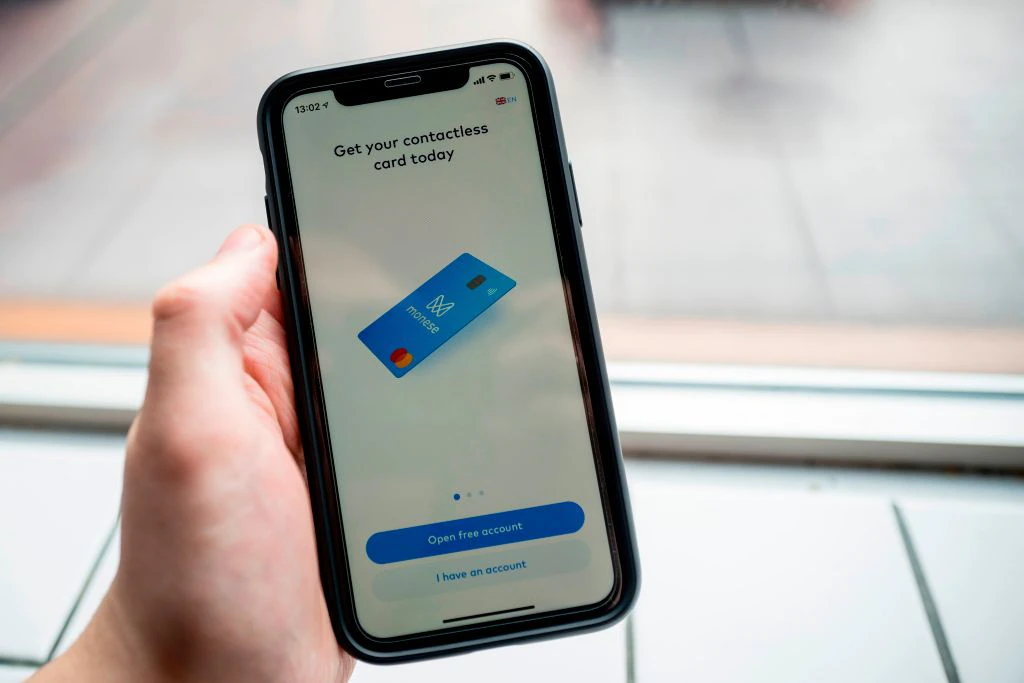
PayPal Quick Review
Working from 90’s, PayPal is a true digital banking pioneer. It is by far the most established and most famous digital banking platform in the world and it is well known around the world. The company focuses on offering simple options for transferring money between countries.
PayPal serves 25 different currencies in over 200 countries. Unlike some younger competitors, they charge a percentage on their transfers instead of a flat rate. Depending on how large your transfer amount is, the commission can actually increase.
The advantage of PayPal is that it is so widely used that virtually anyone you deal with for billing, payments, transfers, etc. has an account, so business transactions are generally simple and convenient.
Pros:
- Brand awareness and trust all over the world
- Convenient mobile application
- No commissions for sending money to family
- Accepted on most websites
- Easy billing, access to transaction history and financial records
Cons:
- Higher fees than many competitors when sending money as part of a business transaction
- Mandatory 1% commission to get instant access to your funds, otherwise you might have to wait a few days before a free bank transfer is available
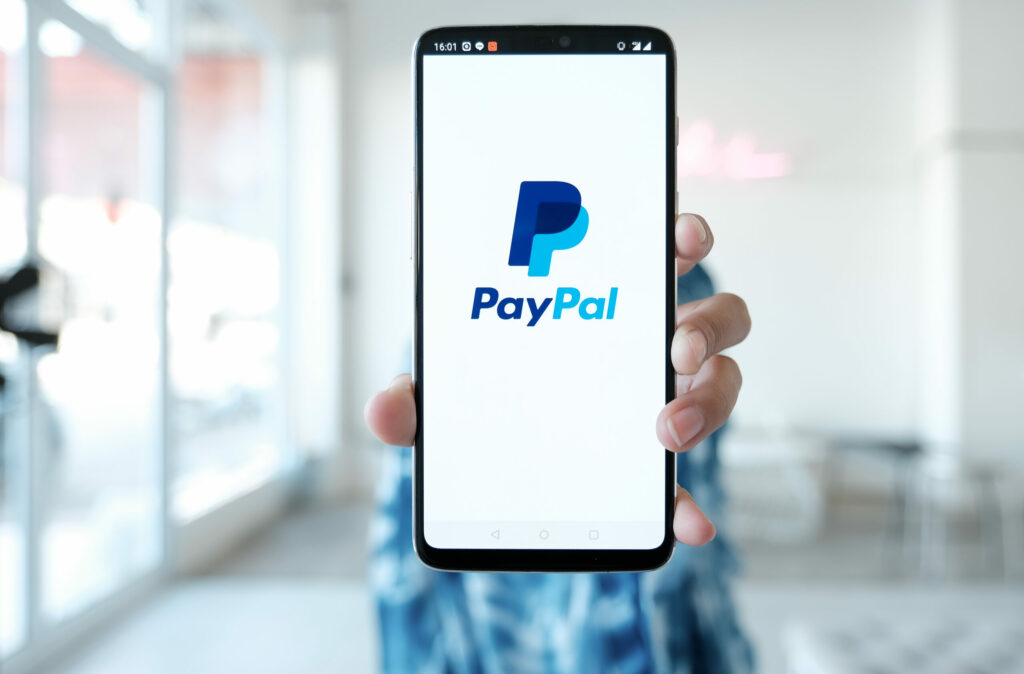
N26 Quick Review
N26 was initially launched in Europe, attracting over 2.5 million customers in 24 markets, including the UK, where it launched at the end of 2018.
N26 aims to be the first global application-only bank and has raised over $ 683 million in funding from some of the world’s leading investor banks. It has now launched in the US and has updated its N26 Black card to create the N26 You.
The N26 is a fully fledged UK mobile bank account and currently, users can only select a personal bank account.
The bank says it “makes sending, saving and managing money easier than making a cup of tea.” It offers free international spending and premium paid features suitable for frequent travelers. Like most job seekers, it is suitable for people looking for a fresh, mobile approach to banking.
UK customers can open 3 different types of accounts: N26 checking account, N26 You account or N26 Metal account.
So N26 is a digital only checking account with a modern banking app that shows spending statistics and gives you control over your finances.
N26 already operates in Ireland, France, Germany, Italy, Spain, Austria, Belgium and many other European countries. It has over 3 million customers and was recently launched in the US.
Pros:
- A complete free UK checking account that does pretty much everything you can expect.
- Quick to apply and customize.
- A handy app with great security and budgeting features (freeze map, categorize expenses).
- Unlike other digital banks, your account can be accessed both on your phone and through the N26 web app.
- Free card transactions abroad.
- Set savings goals and save money for a rainy day with Spaces.
- Safe and secure, including deposit protection.
- In-app customer support.
- MasterCard 3D secure.
- Apple / Google Pay.
Cons:
- 1.7% commission for the withdrawal of foreign currency.
- Some important features are still not available in the UK: you cannot set up a standing debit order, deposit cash or make an international money transfer.
- Checking accounts only, no other financial products available.
- No bank branches, so not for you if you like personalized service.
- No phone support and reduced hours of live chat support.
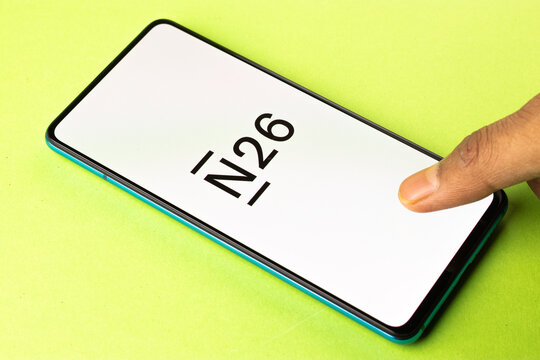
Revolut Quick Overview
Revolut is another popular European bank account that customers can easily manage from their iPhone or Android mobile device through an intuitive app.
The coolest part about the Revolut account is that you can store up to five different currencies, which you can convert commission-free. You also receive a UK bank account number or a free EUR IBAN account and a MasterCard that you can use to withdraw money anywhere in the world.
Keep in mind that with a standard (free) account, you can only withdraw up to £ 200 or € 200 per month for free. The ATM fee is charged for monthly withdrawals in excess of this amount. You have the option to upgrade to a premium account (€ 7.99 per month) or a metal account (€ 13.99 per month) for more flexibility and benefits.
Pros:
- Open a free account online or through the app in minutes
- Up to 5 currencies in one account
- Send money with no hidden fees
- Get a physical MasterCard as well as a UK bank account or IBAN number
- Ability to add additional services such as overseas insurance and device insurance
- Choose a free or upgraded plan that you can pay monthly or yearly with.
- Exchange, buy or store cryptocurrencies such as bitcoins and litecoins.
Cons:
- Free ATM withdrawals are limited to € 200 per month with a standard account
- On weekends (when markets are closed), fees charged vary from 0.5% to 1% at the exchange rate.
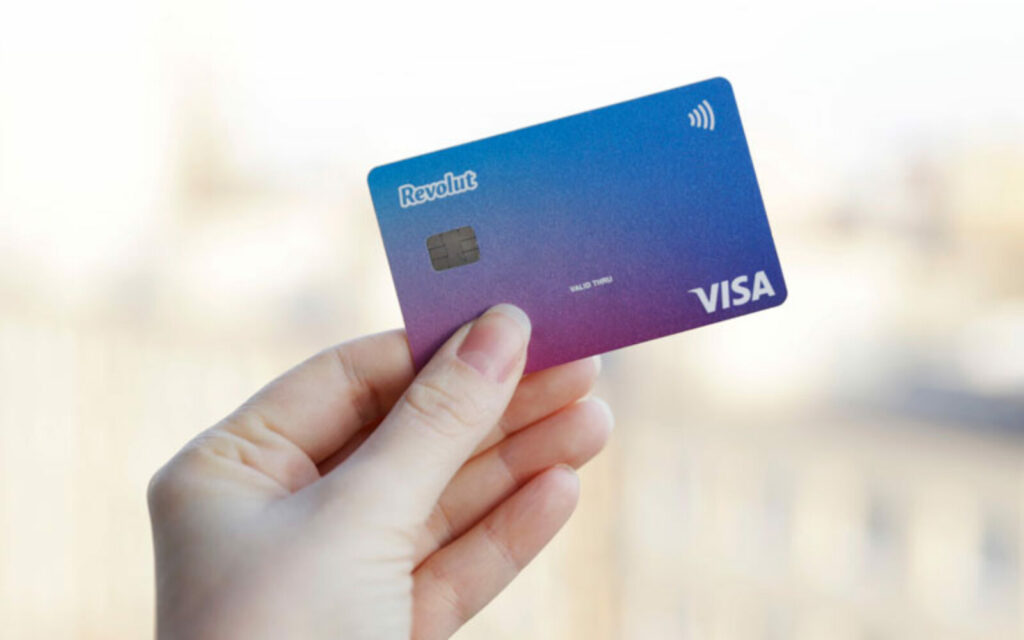
Charles Schwab Quick Overview
While we are not focusing on major financial institutions on this list, if you are a US resident, Charles Schwab is worth considering. According to statistics, many digital nomads love using it as a good and solid banking solution as it is a more stable banking option.
One feature that cannot be surpassed is their ATM refund policy for international fees. They actually refund all those international fees you collect along the way that you know can add up quickly. In addition, there is no minimum balance requirement.
It is required to create a brokerage account with a minimum amount of USD 1,000. But a way to get around this is to open an account with Schwab Bank High Yield Investor Checking, which can be easily linked to your brokerage account.
Pros:
- No monthly fees or minimum balance requirements
- Worldwide ATM Fee Refunds
- Excellent customer service
- Provides all the services of a traditional bank including investment services
Cons:
- The user must be a US resident
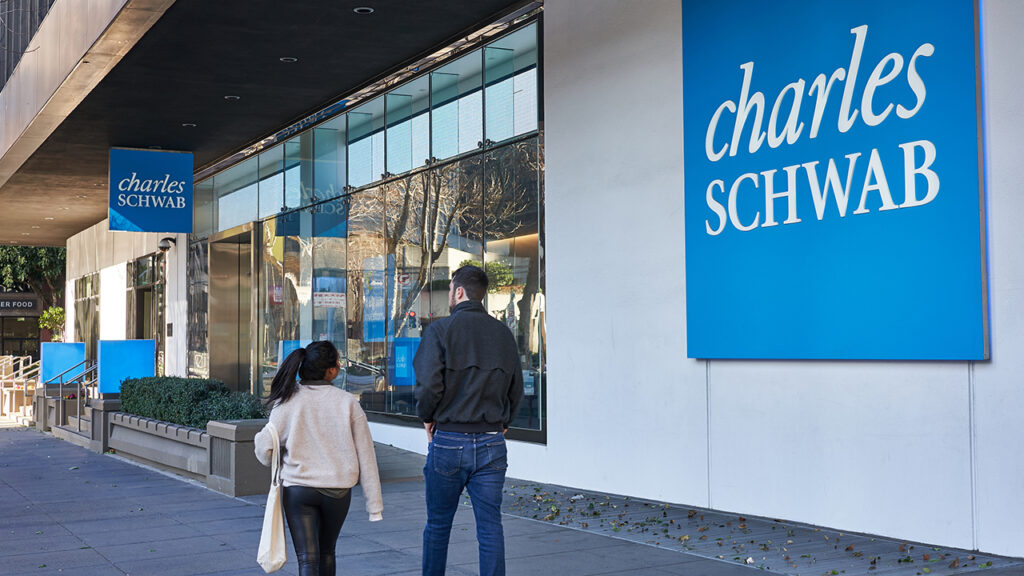
Monzo Quick Overview
Monzo was founded recently, in 2016 as a prepaid Mastercard, which could be topped up through the application itself and can be used to withdraw funds abroad for free.
Monzo positions itself as a bank that lives on your smartphone and now has over four million customers using its debit card to manage their money and spending around the world. It even raised a record £ 1million in 90 seconds during a £ 20million crowdfunding campaign in 2018. Admittedly, this was something that didn’t suit me, as the unprofitable organization was offering clients to invest in its non-listed stock (non-listed stocks pose a high risk.
Inherently due to the fact that they are not traded on the stock exchange). In July 2020, Mono posted a record loss of £ 113.8 million in a clearly challenging year, heavily impacted by falling interest rates and a worldwide pandemic.
Pros:
- Easy to install
- Suitable for budgeting
- Free expenses abroad.
- Auto save
- Overdraft and loans
- Competitive savings interest rates
Cons:
- Daily limits on withdrawals and expenses
- Apps only – Internet required and no bank branches.
- £ 1 fee for depositing cash to local PayPoint
- You can deposit up to £ 1000 in cash every 6 months (£ 500 if you are 16-17).
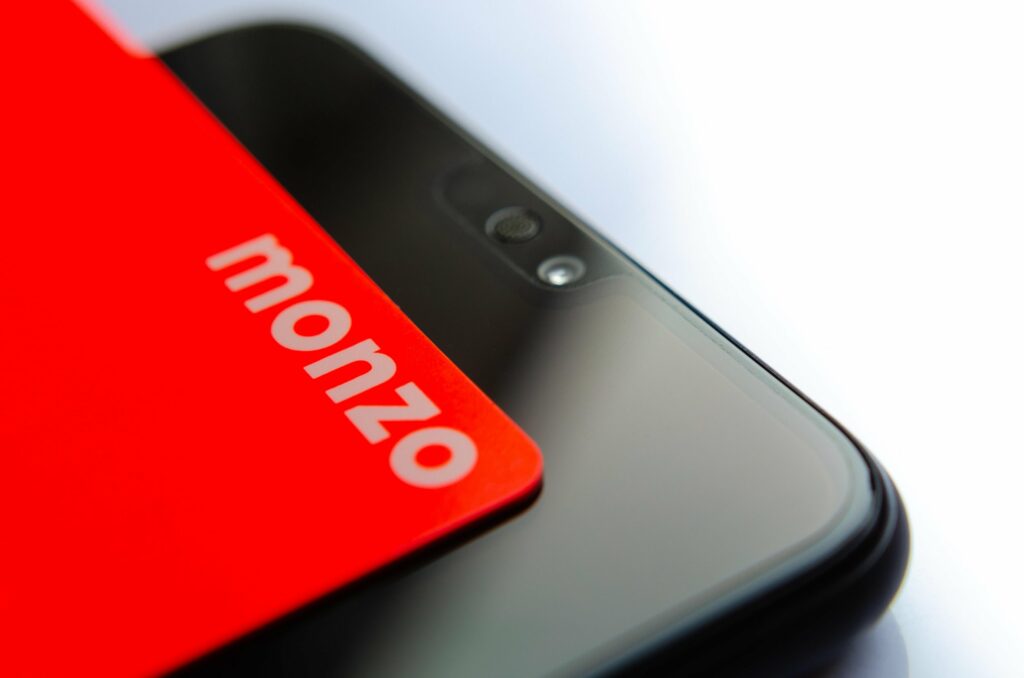
TransferWise Quick Review
TransferWise is a UK based company that believes that money shouldn’t have borders. TransferWise was born, which generated accounts all over the world. Now, you simply deposit money into a TransferWise bank account in the country of your choice, and it pays your recipient at the correct exchange rate.
Since its inception in 2011, TransferWise has grown to 6 million customers and is backed by investors from companies like Virgin and PayPal.
TransferWise’s capabilities are divided into several categories depending on how you plan to use the service. At its core, TransferWise is a money transfer service that is most commonly used for international transfers in order to keep rates low and adhere to the actual exchange rate.
Most of the features we’ll list in our TransferWise review follow the same process when sending and receiving money as part of the service. TransferWise then converts the money or saves it in the same currency by transferring it to the account of your choice.
That’s pretty much everything TransferWise does. For some reason, the process of sending and / or receiving money abroad may seem daunting to you, but TransferWise’s interface makes it pretty straightforward and easy to use.
The app is easy to use for business and personal exchanges. You can view your transfer and payment history, send money to all your contacts, and convert money between your TransferWise accounts.
Another benefit of this app is the payment notifications you receive. You can also check the status of your payment if you need to provide any details.
TransferWise tells you exactly where the money is, whether it’s converted to the end or sent to a bank account. Also in the mobile application, the approximate date of receipt of money is reported.
Pros:
- The largest number of currencies for replenishment and storage among all digital banks
- Wonderful customer service experience
- Wise is listed on the London Stock Exchange.
Cons:
- Has no banking license (no deposit guarantee or standing orders)
- No free option to deposit dollars into your account
- You cannot use Wise to transfer merchants that make it easier to trade cryptocurrencies, forex, CFDs and options.
